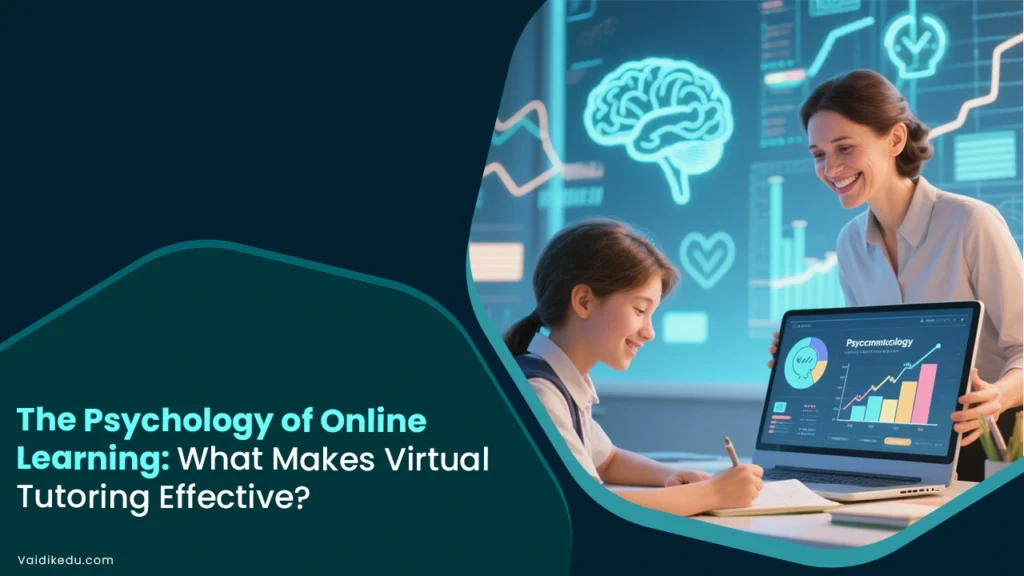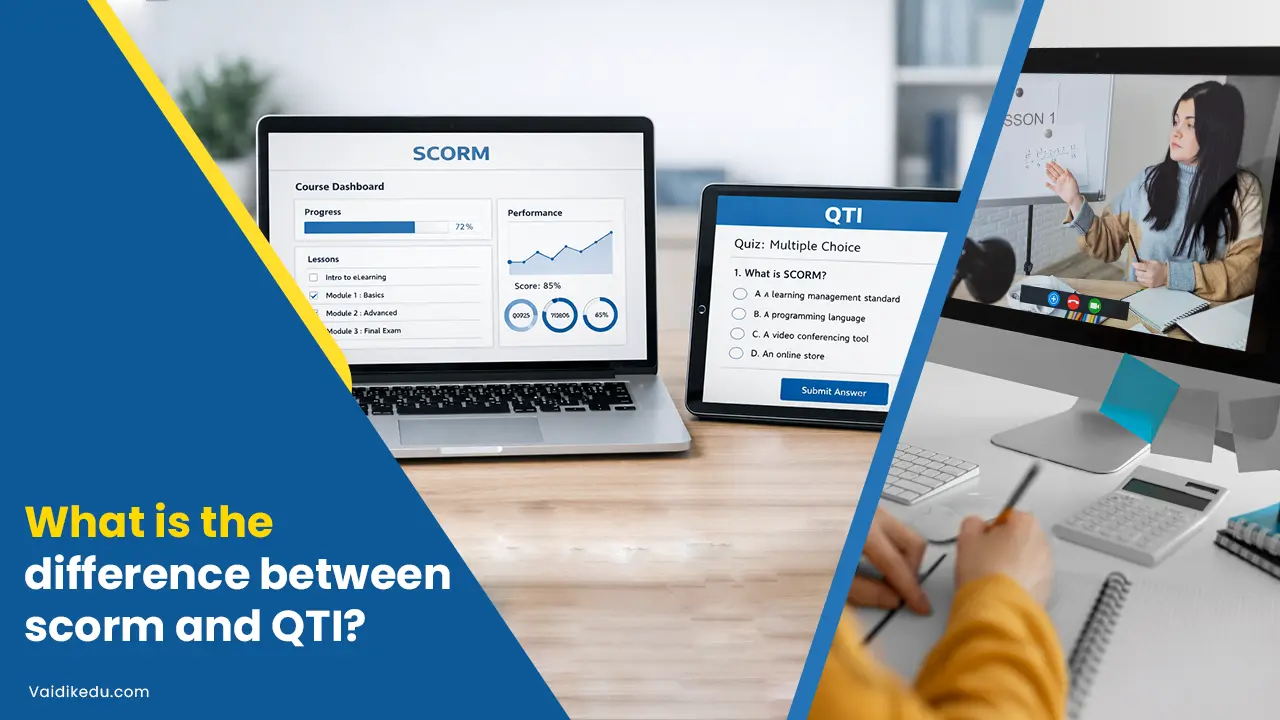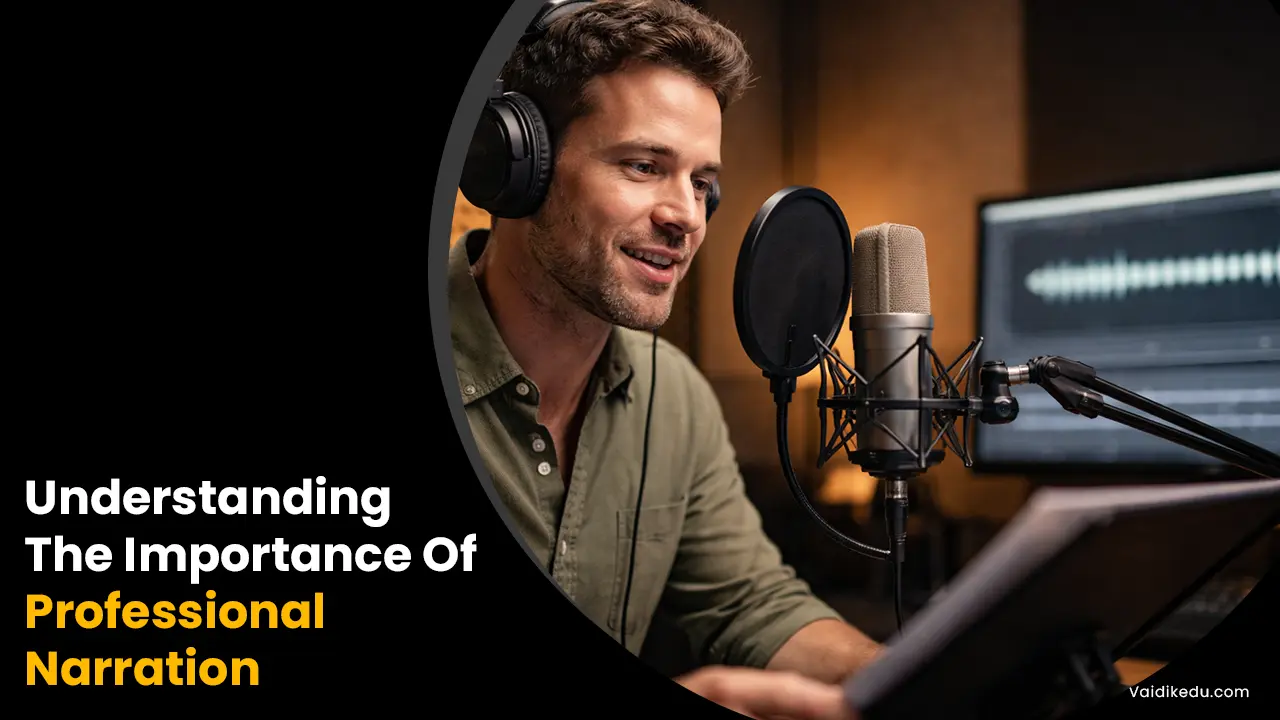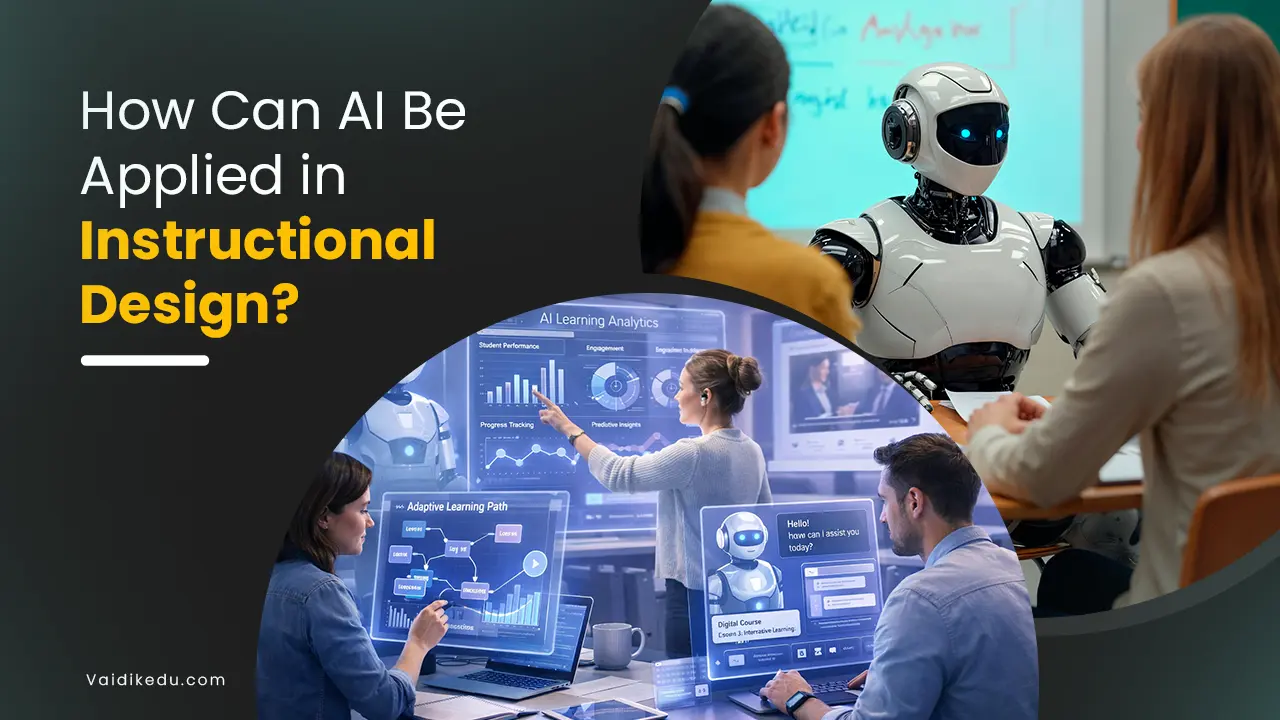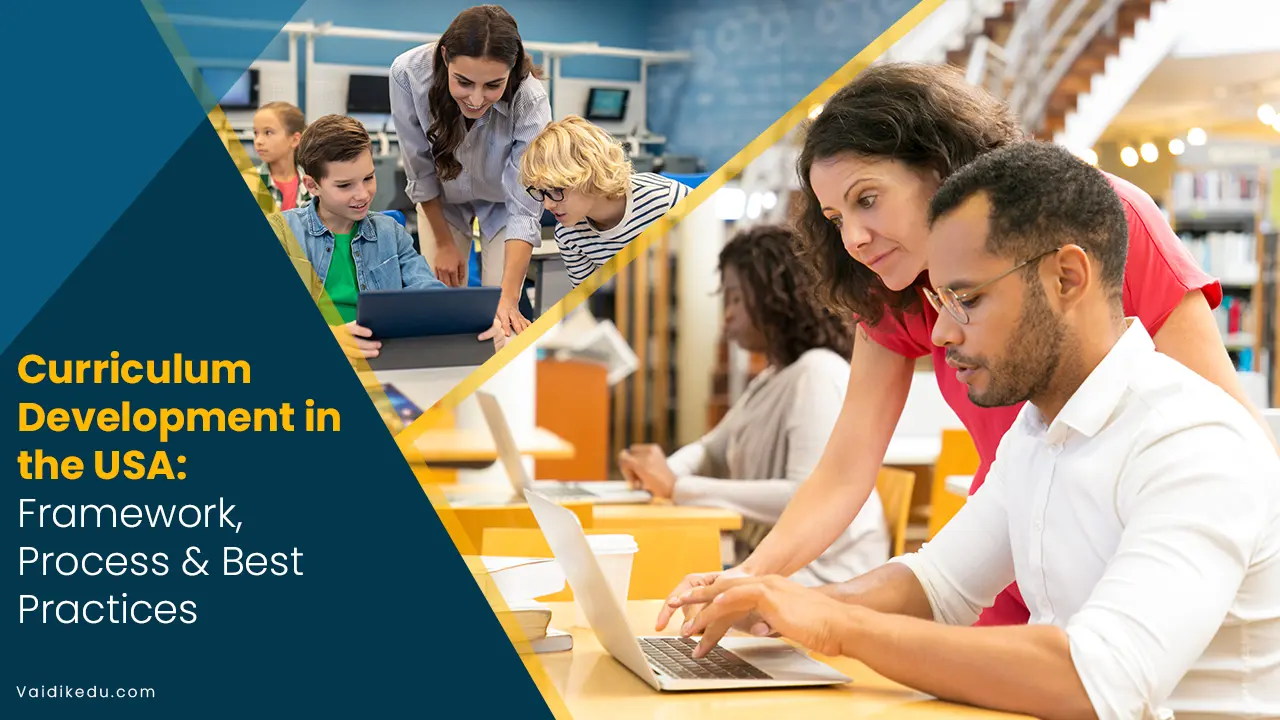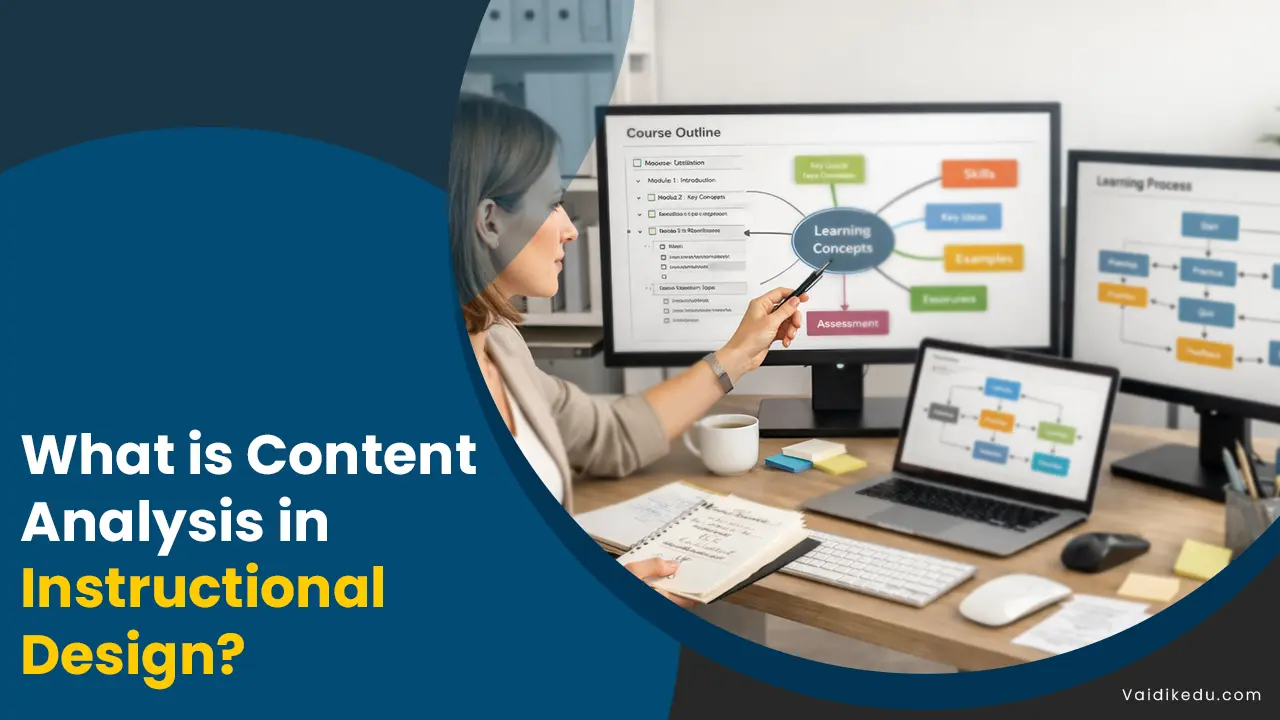Online learning has altered education, making knowledge available beyond the boundaries of traditional classrooms. However, the success of virtual teaching goes beyond technological advancements; it is profoundly based in psychology.
There are substantial differences between online and in-person learning in terms of how students interact with content, process knowledge, and maintain motivation. Designing successful virtual tutoring tactics requires an understanding of the psychological concepts that underpin online learning.
When properly implemented, these ideas can boost retention, increase student engagement, and establish a positive learning atmosphere that encourages academic achievement.
Important concerns regarding the cognitive and emotional components of digital education have been brought up by the quick transition to online learning, which has been sped up by worldwide occurrences like the COVID-19 epidemic.
Some students do well in technology-enhanced, self-paced learning settings, whereas others suffer from lack of motivation, loneliness, and distractions.
Online teachers must use distinct psychological techniques to keep students’ attention and interaction, in contrast to traditional classrooms where teachers may assess student engagement through verbal and body language clues.
The effectiveness of an online tutoring session is mostly dependent on factors including motivation, cognitive load, and emotional intelligence.
When psychological insights are used to create tailored and engaging learning experiences, virtual tutoring works best. Pupils learn best when they can apply what they’re studying to real-world situations, feel emotionally invested in the material, and get quick feedback.
Furthermore, students’ capacity to assimilate and retain knowledge is greatly improved by online learning environments that integrate interactive features, social learning possibilities, and adaptive learning strategies.
Teachers may create strategies that maintain student motivation, promote deep learning, and guarantee long-term academic success by exploring the psychology of online learning.
Psychological Aspects Affecting Distance Education
1. Motivation and Engagement in Online Tutoring
Maintaining students’ motivation and engagement in online learning is one of the most difficult tasks. Student motivation in a typical classroom is influenced by peer debates, social interactions, and teacher zeal.
Online learning necessitates intrinsic motivation, nevertheless, where students propel their own education without outside support. Self-Determination Theory (SDT) states that when three psychological demands are satisfied, motivation is at its peak:
Autonomy: Students believe they are in charge of their education.
Competence: By making significant progress, students develop self-confidence in their skills.
Relatedness: Students have a sense of social connection to both their teacher and their classmates. Virtual tutors must create classes that encourage independence, provide suitable challenges, and create a feeling of community in order to boost student involvement.
This can be accomplished through practical knowledge applications, interactive learning resources (such as simulations, gamification, and quizzes), and chances for group projects or discussion forums to foster collaboration.
2. Cognitive Load’s Function in Online Education
According to the Cognitive Load Theory, students are only able to process a certain quantity of information at once. Students find it difficult to remember and apply what they have learnt when they are overloaded with information.
Long lecture videos, thick text materials, and a lack of structured direction are some of the ways that poorly designed online learning environments can lead to cognitive overload. Online instructors should:
- Divide lessons into manageable, bite-sized portions (microlearning) to improve learning retention.
- To reinforce important ideas, use multimedia information, infographics, and visual aids.
- To prevent misunderstandings, give precise directions and well-organized lesson plans.
- Permit pupils to learn at their own pace so they can go over difficult subjects again as needed.
Online tutors increase learning effectiveness by lowering cognitive load, which enhances students’ capacity to process and retain information.
3. Social Presence and Emotional Intelligence in Online Tutoring
Online learning is sometimes criticized for lacking human connection, which leaves students feeling alone. However, studies reveal that establishing a stimulating and encouraging online learning environment requires emotional intelligence, which is the capacity to identify, comprehend, and control emotions. High emotional intelligence online tutors can:
- Establish rapport with pupils through encouragement and tailored comments.
- Encourage a feeling of community by holding frequent check-ins and engaging conversations.
- Make students feel heard and appreciated by addressing their problems with empathy.
Additionally crucial is the idea of social presence, or how much students relate to their teacher and peers. Students feel more engaged when features like interactive discussion boards, group projects, and live video sessions replicate the interpersonal components of conventional learning.
4. The Science of Retention: The Impact of Online Education on Memory
Students’ ability to encode, store, and retrieve knowledge determines how well they retain it. Online tutors can improve retention by employing cognitive psychology-based techniques like:
- Reintroducing ideas at regular intervals to improve memory is known as spaced repetition.
- Active Recall: Using discussions and tests to help pupils remember material.
- Dual coding is the process of improving comprehension by combining text and images.
These techniques promote deeper learning by assisting students in applying and remembering knowledge for extended periods of time.
Conclusion
The psychological insights, the future of online tutoring and the success of virtual tutoring is largely dependent on the psychology of online learning. Emotional intelligence, memory retention techniques, engagement, and cognitive load management all play a part in how successful online learning is.
Knowing these psychological concepts can help teachers design more effective, student-centered learning experiences as virtual learning develops.
Virtual tutoring will be significantly improved in the future by AI-driven personalization, adaptive learning systems, and immersive technologies like VR and AR.
But regardless of how sophisticated online learning gets, human-centered teaching methods that put an emphasis on engagement, motivation, and emotional support will always be crucial.
Frequently Asked Questions
Lack of motivation, home distractions, loneliness, or cognitive overload from poorly designed courses are some of the reasons why some students suffer. Engaging content, well-structured classes, and instructors’ emotional support are necessary to address these issues.
To keep students interested, tutors can employ gamification, interactive tools, real-world applications, and frequent student interactions (live sessions, discussions, and tailored feedback).
Indeed, in order to enhance memory, online learning necessitates active engagement techniques including spaced repetition, active recall, and multimedia integration. Students might forget things more easily without these.
Empathic tutors who establish rapport and foster a sense of social presence make pupils feel more included and supported, which enhances the learning process as a whole.
Sustaining student interest and motivation in a digital environment is the most difficult task. Successful online tutors build engaging, individualized, and emotionally supportive learning environments by utilizing psychological insights.



